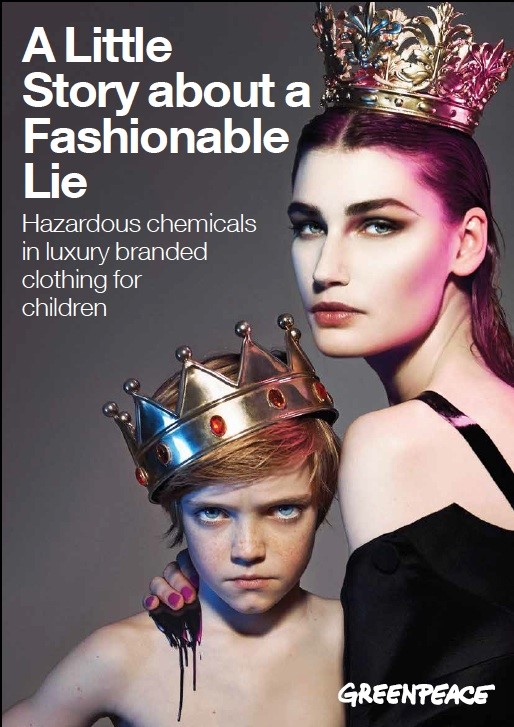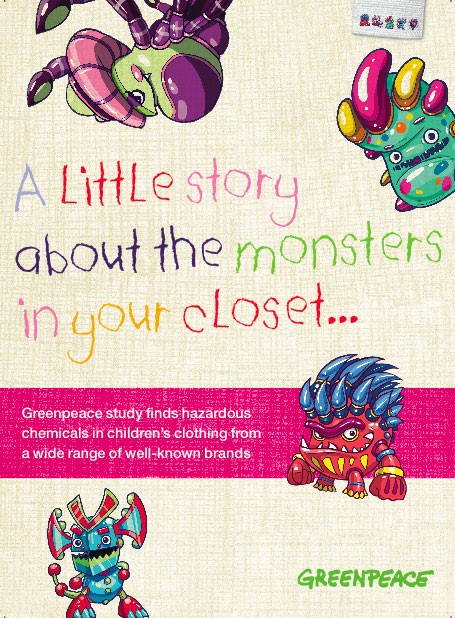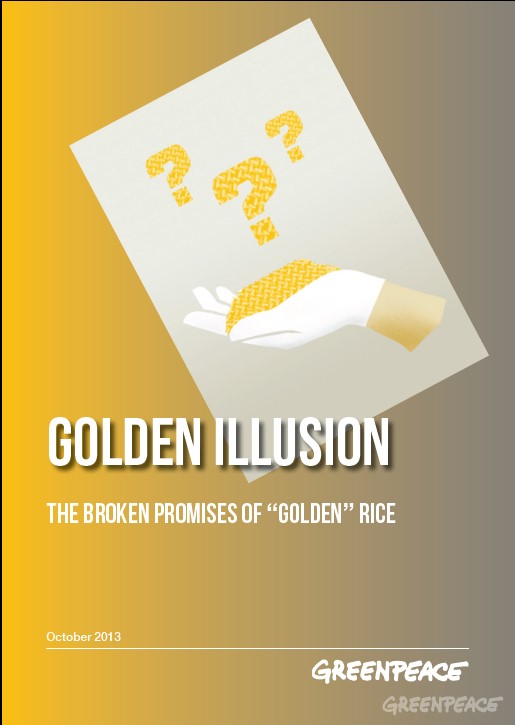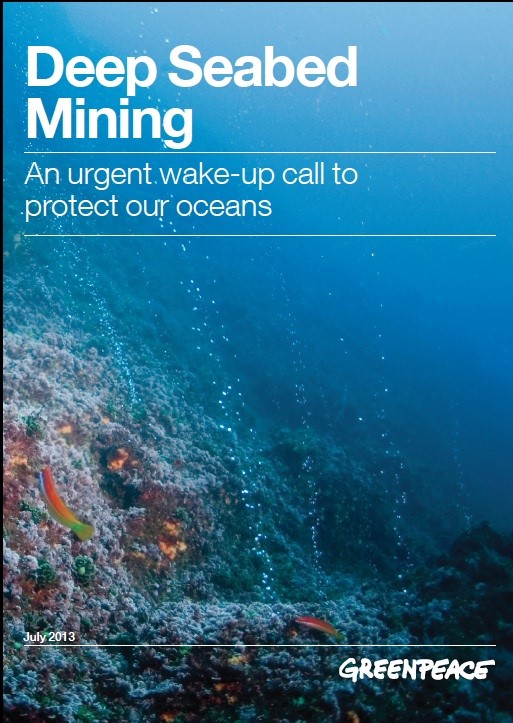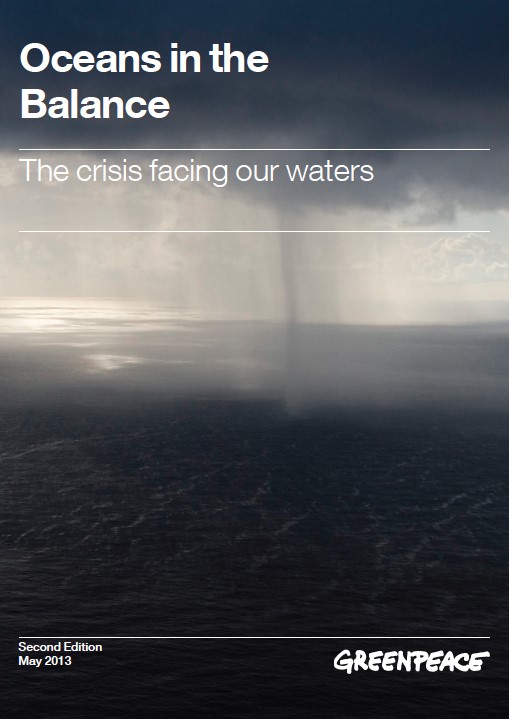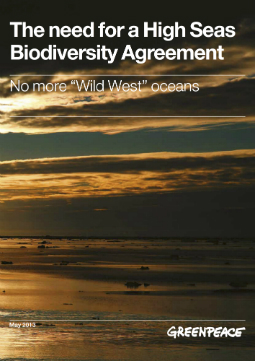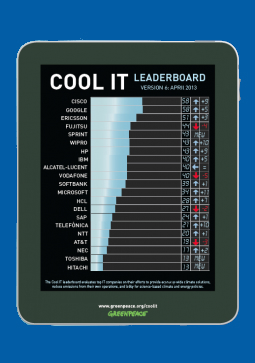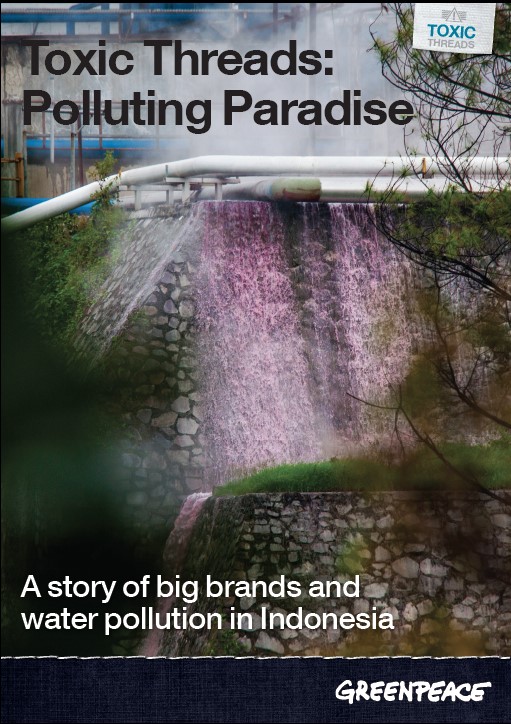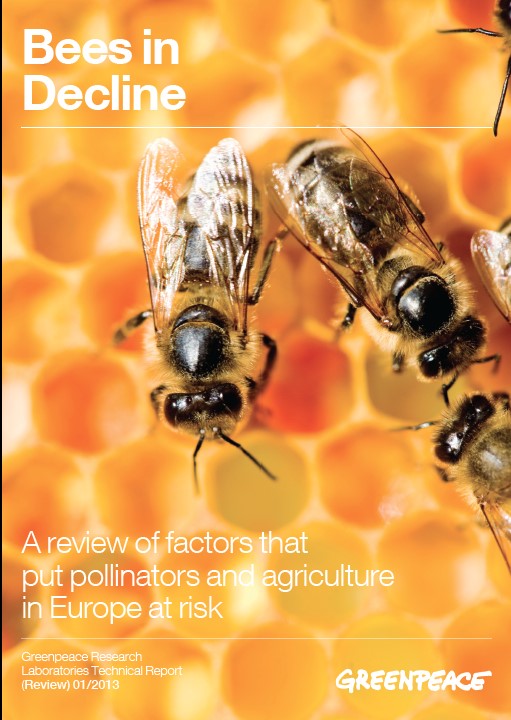-
Deep Seabed Mining
The deep sea is a place of myth and mystery, filled with weird and wonderful life forms, and vital to the survival of our planet. But now, this mostly unknown world is facing large-scale industrial exploitation – as mining of the deep seabed for minerals fast becomes reality.
-
Annual report 2012
With the environmental crisis deepening and climate change impacts being felt across the globe, our work in 2012 proved increasingly more challenging and demanding.
-
Oceans in the Balance
Every second breath we take comes from the ocean. Billions of people rely on our oceans for their food and for employment. In return, we are plundering the oceans of fish, choking them with pollution and altering them forever with the impacts of human-induced climate change.
-
The Need for a High Seas Biodiversity Agreement
The current way of managing the high seas puts short-term corporate interests before the long-term health of our oceans. Unless action is taken to restore and protect the health of our oceans, they will be unable to sustain life on Earth.
-
Bees in Decline
Honeybees and wild pollinators play a crucial role in agriculture and food production. However, the current chemical-intensive agriculture model is threatening both, and thereby putting food supply at risk.

